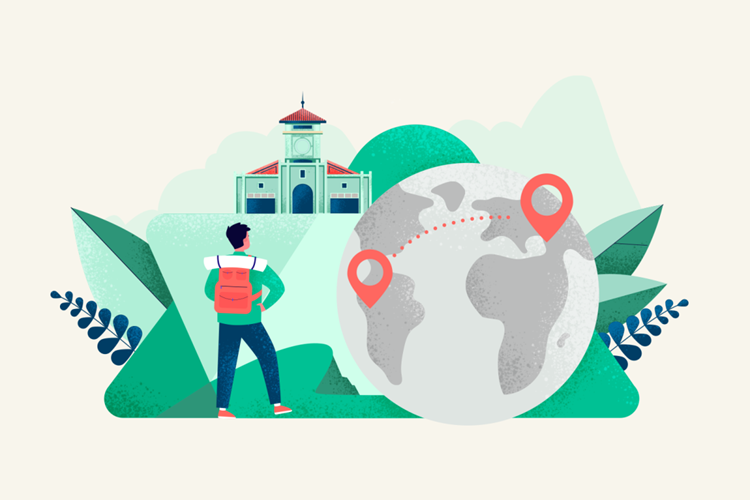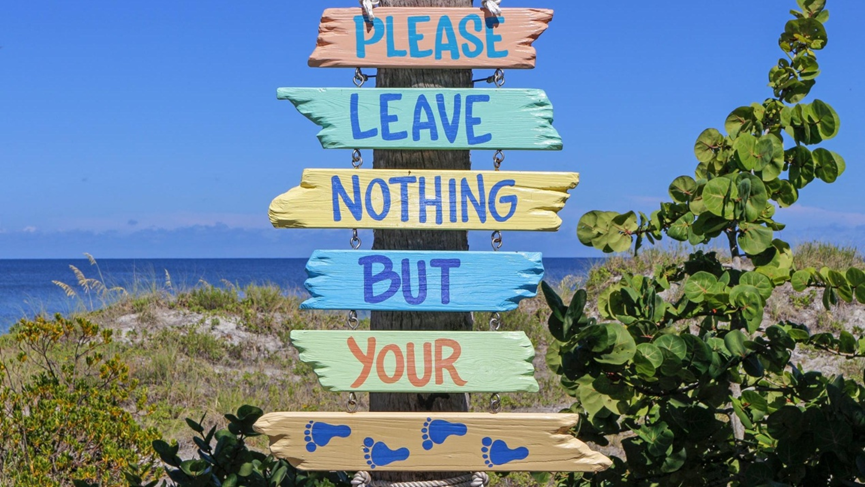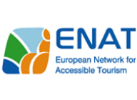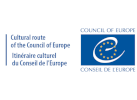Is a certified tourist guide for Greece, a FEG & WFTGA tourist guide trainer and elected as the FEG ExCo president
What does sustainability mean for guided tours?
Tourism and the tourism industry in general are amongst the biggest economy driving forces of many countries in Europe and worldwide. It supports local societies, professionals and economy, in some places as much as 90% of the per capita gross domestic product (GDP).
On one hand, it is known that tourism contributes to 8% of the global carbon dioxide pollution, which makes our industry one of the main polluters, especially for the small and vulnerable communities. On the other hand, it brings income and growth to professionals and companies like tourist guides, travel agencies and tour operators, transportation, cruises and airline companies, accommodation, and indirectly to many others in the local economy chain.
For the reasons above, we can all contribute to more sustainable practices, based on the principle of “common but differentiated responsibility” while the entire global community needs to take part in the efforts to combat climate change.

Here, professional tourist guides can also be involved, as part of the touristic, cultural and natural chain.
What can we do about it?
In Europe, it is positive that the European Union supports and funds the development of sustainable, resilient tourism. This means responsible travel to destinations, natural and cultural sites that safeguards the integrity of the ecosystem and produces economic benefits for local communities that can encourage conservation.
It does not depend entirely on us how we conduct our guided tours in our own destinations but tourist guides, whether working for a travel agency, tour operator, school, or for individual visitors, are tourism professionals who need to support this strategy and contribute towards the goals.
To achieve these goals, tourism development should be carefully planned from the beginning, keeping in mind some key points for more responsible tourism.

How can we make a difference?
Ensure sustainability
- Many popular and sensitive cultural and natural sites we visit limit the number of visitors or time slots allowed in an area. This helps maintaining the integrity and vitality of cultural and natural heritage sites so that they can continue to draw visitors for years to come. In sites and destinations where no such limitation and rules exist, tourist guides can always recommend to visitors and travel agencies to schedule the tours during the low season or during the non-busy days and hours of the day. We may also try to use or to recommend e-tickets to reduce printed paper waste.
- Tourist guides can recommend certain routes and sites for walking, hiking or cycling tours or even using public transportation for our private and small groups. Instead of moving around by tour buses, we can all combat energy waste, pollution, lack of parking space, and traffic jams. This kind of slow- pace tourism will help our visitors enjoy much more a destination, interact with the locals, take plenty of photos, use their 5 senses to understand and to have a much more memorable experience of the place they visit.
- When using a tour bus, we can always ask our driver to turn the air conditioning off while our guests are still not there to reduce pollution, energy and noise. This is common practice in many countries, but it can become a rule for our guided tours if we explain about it to our visitors in advance. They will surely understand and agree with it.
- Recommend to our guests to use refillable water bottles and point out any water fountains where they can refill them, instead of using plastic bottles all the time.
- Point out recycling waste bins to our guests for disposing their plastic, glass, paper etc litter at all destinations we guide.
- We can promote and implement all measures we take during our guided tours on our websites, social media and as tour organisers in our itineraries as environmental-friendly to attract more visitors in our area and sites.
Include and collaborate with state, businesses and residents
- Involving local people and companies we collaborate with as professional tourist guides on sustainable tourism and heritage best practices can help ensure authorities’, stakeholders’ and community support. If they lack the necessary skills to participate in the green eco-tourism industry or interact with foreign tourists, we may always explain to them why this is important for our visitors and our destination’s sustainability.
- Design and recommend new routes and tours off-the-beaten path to visitors and travel agencies. This is the new trend and our visitors will surely appreciate it if they have a choice for more sustainable visits and tours during their trip.
- National or local state authorities responsible for the protection and conservation of cultural and natural heritage sites can be approached by tourist guides with recommendations. We have the experience from our tours in any destination, we are in everyday contact with our guests and we can work as consultants to improve the situation in problematic places.
- Tourist guides can talk to service providers such as hotels, travel agencies, restaurants, about avoiding the single-use material, like cutlery, coffee cups, printing paper itineraries.
- Tourist guides can recommend visitors to consume and buy local products cooked, made or cultivated by local producers and businesses.
- Staff working in sites of cultural and natural heritage can collaborate with tourist guides to implement measures for the protection and preservation of our precious heritage.
- Last but not least, anybody who hires a professional certified tourist guide as the qualified expert for a tour ensures that local rules, heritage and communities are respected and income will remain to the local economy.

It is time now to assess, implement, and improve measures of how we operate and conduct our guided tours in our urban places, remote countryside, heritage locations, in order to change bad practices of the past and to differentiate ourselves and our services from mass tourism.
At the end of the day, and making the most of our tourism industry goals positive results for us all will be to:
- Rise our visitor numbers in a more sustainable management way
- Improve our visitors’ attitude toward environment, culture and nature
- Respect the local communities
- Have higher long-term income for all, professionals and communities
- Protect our environment and heritage sites
- Achieve greener and sustainable investments for our tourism and heritage
We can't lead positive change without solutions, and solutions require us all to work together.










